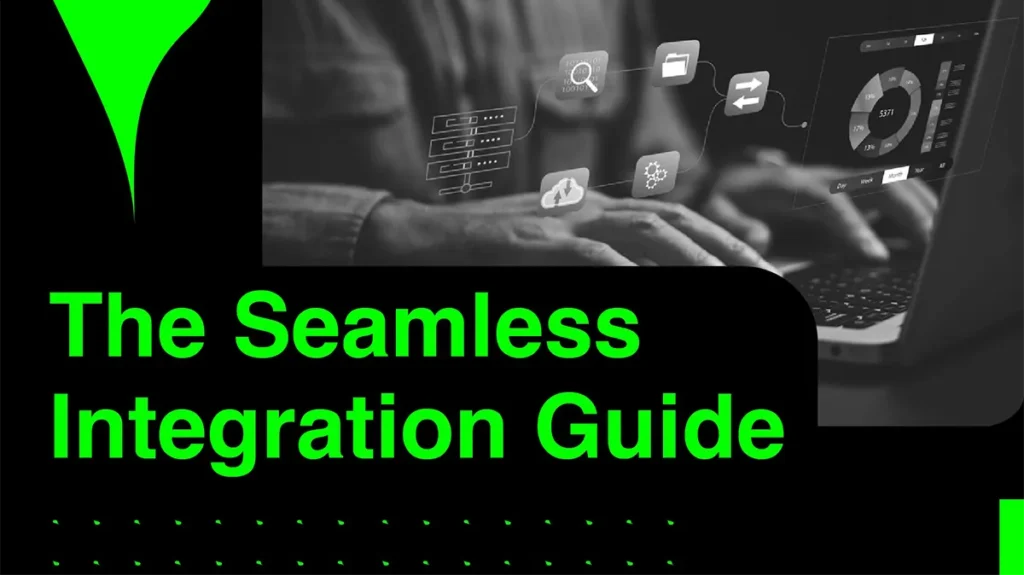In today’s rapidly evolving digital landscape, marketing agencies face unprecedented challenges and opportunities. The rise of white-label marketing partnerships has transformed from a convenient option toa strategic imperative. As we navigate through 2025, more agencies are discovering the power of these collaborative relationships – but what’s driving this shift, and why are strategic partnerships becoming the cornerstone of successful agency operations?
The Changing Face of Digital Marketing
The digital marketing landscape has undergone dramatic transformations over the past decade. What started as simple social media management and basic SEO has evolved a complex ecosystem requiring expertise in multiple disciplines into . Today’s clients demand comprehensive solutions that integrate:
- Advanced data analytics and AI-driven insights
- Multi-platform social media strategies
- Complex marketing automation
- Enhanced cybersecurity measures
- Cross-cultural marketing competencies
- Real-time brand reputation management
This complexity has created a challenging environment where maintaining in-house expertise across all areas has become increasingly unsustainable for many agencies.
Why Strategic Partnerships Matter More Than Ever
The shift toward white-label partnerships isn’t just about outsourcing – it’s about strategic evolution. Modern agencies are recognizing several key benefits that make these partnerships invaluable:
Cost-Effective Scaling
Traditional agency growth models often require significant investment in talent, training, and infrastructure. White-label partnerships allow agencies to scale their service offerings without the overhead costs of maintaining large in-house teams. This flexibility enables agencies to take on larger clients and more diverse projects while maintaining healthy profit margins.
Global Expertise at Local Prices
With partners like SCS operating across multiple strategic locations – from Alexandria to Istanbul to Bali – agencies can tap into global talent pools and diverse perspectives while maintaining local market rates. This global-local synergy provides unique advantages in developing comprehensive marketing strategies that resonate across different markets and cultures.
Rapid Adaptation to Market Changes
The digital marketing landscape evolves at breakneck speed. New platforms emerge, algorithms change, and consumer behaviors shift continuously. Through strategic partnerships, agencies can quickly adapt their service offerings without the lengthy process of building new departments or training existing staff.
The Technology Factor
Technology has been a key enabler in the evolution of white-label partnerships. Advanced project management tools, secure communication platforms, and collaborative workflows have eliminated many of the traditional barriers to remote collaboration. This technological infrastructure allows partners like SCS to integrate seamlessly with client agencies, operating as a natural extension of their team.
Quality Control and Brand Consistency
One of the historical concerns about white-label partnerships was maintaining quality control and brand consistency. Modern white-label providers have addressed these concerns through:
- Standardized quality assurance processes
- Regular communication protocols
- Dedicated account managers
- Customizable workflow systems
- Transparent reporting mechanisms
The Future of Agency Collaboration
Looking ahead, we’re seeing several emerging trends that will further solidify the importance of strategic partnerships:
Specialized Expertise Hubs
Agencies are increasingly seeking partners who offer deep expertise in specific niches rather than general services. This allows for more sophisticated and effective marketing strategies tailored to specific industries or marketing challenges.
Integrated Technology Solutions
White-label partners are investing in proprietary technology solutions that provide unique advantages to their agency clients. This includes custom analytics platforms, automated reporting systems, and integrated campaign management tools.
Cross-Cultural Marketing Capabilities
As markets become increasingly global, the ability to understand and effectively market across different cultures becomes crucial. Partners with international presence, like SCS with offices in three distinct regions, offer invaluable insights into diverse market dynamics.
Making the Strategic Choice
For agencies considering white-label partnerships, the decision-making process should involve careful evaluation of potential partners based on:
- Service quality and scope
- Geographic presence and cultural understanding
- Technology infrastructure
- Communication protocols
- Pricing models and scalability
- Track record and client testimonials
Conclusion
The evolution of white-label marketing represents a fundamental shift in how agencies approach growth and service delivery. As we progress through 2025, the agencies that embrace strategic partnerships will find themselves better positioned to meet client demands, adapt to market changes, and scale their operations effectively.
The question is no longer whether to engage in white-label partnerships, but rather how to select the right partner and maximize the benefits of these relationships. With its global presence, comprehensive service offering, and commitment to quality, SCS stands ready to help agencies navigate this evolution and achieve their growth objectives.



